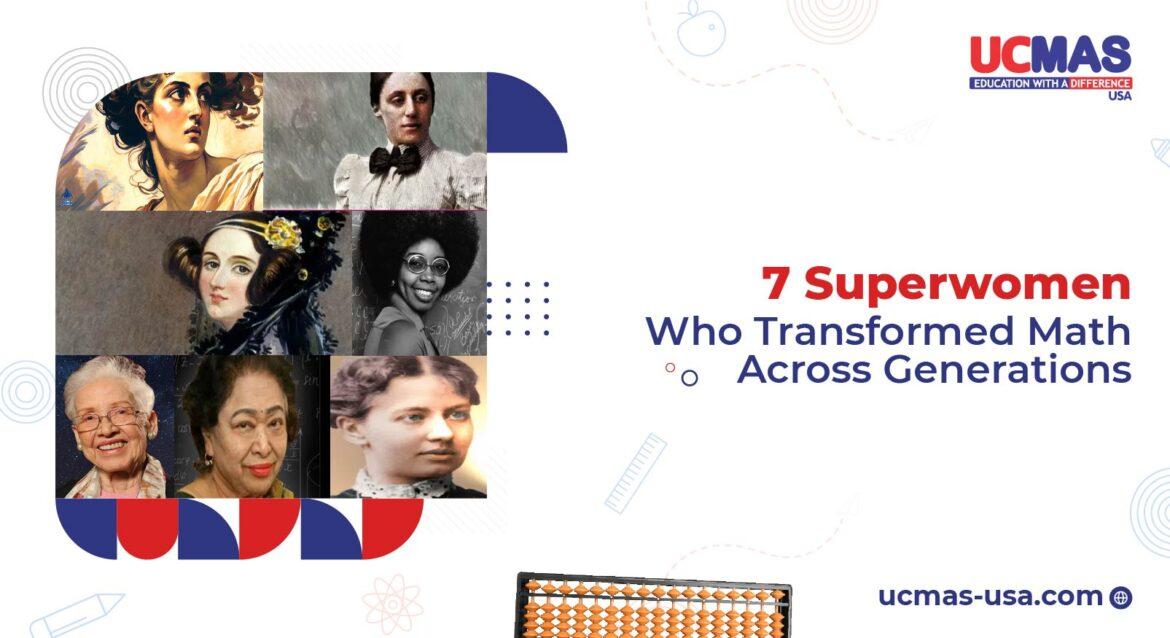As we celebrate Women’s History Month in March, and Women’s Day on the horizon, it’s time we shine the spotlight on the math superwomen over generations. Despite facing numerous obstacles of all kinds in the past, these women have fought against all odds to make groundbreaking discoveries and advancements that have shaped the world of mathematics.
Why is it important to educate our young ones on the contribution of women in math? To reiterate the importance of this question, ask your child another one. Which woman mathematician is your role model? Or Name 2 women who you think have contributed immensely to the field of mathematics. If your child draws a blank to this question, repeat the same for male mathematicians. While we honor the notable works of mathematicians like Einstein, our children must learn about the inspiring contribution of their female counterparts and how math is a field that is unbiased to any race, gender, and age.
If you search for the names of women with significant contributions to math, the list is an extensive one. While we cannot include all of them, here are seven outstanding women who have made remarkable contributions to the field of mathematics.
7 Female Mathematicians and Their Impactful Contributions
Hypatia
Hypatia, born in Alexandria around 370 AD, was the daughter of Theon, a prominent mathematician. Together they collaborated on several famous mathematical works, updating textbooks on geometry, and algebra. Owing to her study and skills, Hypatia had a knack for breaking down complex concepts into smaller, easy-to-understand pieces. Students from all over Alexandria flocked to her for lessons in math and astronomy. She was the world’s leading female scholar during a challenging time, she defied societal norms and pursued knowledge with unmatched passion and intellect.

Hypatia made many significant contributions to mathematics, especially in geometry and algebra. She edited the works of prominent mathematicians like Euclid to make them more accessible and was renowned for teaching people how to use a portable device called the astrolabe. An astrolabe was used to measure the distance between a star or planet and the horizon, which helped sailors understand the time of the day and their locations for many years.
Ada Lovelace
Ada Lovelace, born in 1815, excelled at math and science during her time and is credited as the world’s first computer programmer. Ada Lovelace was mentored by Charles Babbage, whose work on the Difference Engine, an early version of the calculator fascinated her.
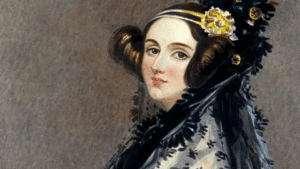
Lovelace’s most significant contribution is her collaboration with Charles Babbage on the Analytical Engine. She translated and expanded the notes of the French engineer and added her insights. Lovelace discovered that the Analytical Engine could also follow patterns or codes, and not only calculate numbers but process letters as well. Her most notable achievement was writing an algorithm designed to be processed by the Analytical Engine, effectively becoming the first person to conceptualize computer programming.
Emmy Noether
Emmy Noether was a pioneering mathematician, known for her contributions in the fields of algebra and theoretical physics. Born in 1882, she overcame gender barriers to become one of the most influential mathematicians of the 20th century. Notable scientists like Albert Einstein described Noether as one of the most creative and significant mathematicians of her time.
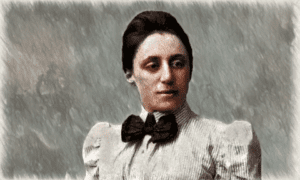
Noether’s significant contribution is Noether’s theorem, which is considered one of the most important theorems in the development of modern physics. Her theorem connected symmetry and conservation laws and laid the foundation for modern physics. It enabled scientists to understand everything from particles to the cosmos and provided a framework for understanding the fundamental principles of the universe.
Sofia Kovalevskaya
Sofia Kovalevskaya fought hard against the social norms of her time to study and was one of the first women to obtain a doctorate in mathematics. Her life and work continue to inspire generations of mathematicians and serve as a testament to the power of perseverance and passion in pursuing one’s dreams.
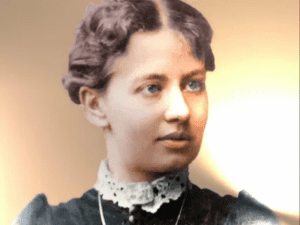
Kovalevskaya was the first female professor in the world and advocated for the freedom and education of women. Her study significantly contributed to the fields of analysis, partial differential equations, and mechanics. Her groundbreaking research in the theory of differential equations revolutionized the mathematical landscape, earning her recognition as one of the foremost mathematicians of her time.
Katherine Johnson
You might have watched the acclaimed film, Hidden Figures which highlighted the incredible work of Katherine Johnson and her peers in launching the first US Astronaut to orbit Earth. She played a key role in calculating the path of the spacecraft, verifying the data from a computer for the launch to deciding when and where to launch the rocket for the Apollo 11 mission.
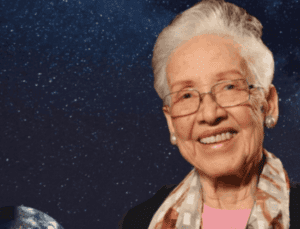
Katherine Johnson spent 35 years of her professional life at NASA and was renowned for performing difficult and complex calculations. Her precise calculations helped ensure the success of Freedom 7, Friendship 7, and the Apollo 11 Mission to the Moon. Johnson’s contribution to NASA helped break down racial and gender barriers in mathematics and space exploration.
Valerie Thomas
Valerie Thomas was interested in subjects like electronics, mathematics, and physics from an early age, even though girls were not encouraged to pursue those subjects. After graduating with a degree in physics, Thomas subsequently started working as a data analyst at NASA.
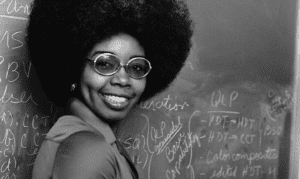
Valerie Thomas invented the Illusion Transmitter, a 3D imaging technology that forms the basis for modern 3D tech that is used in television, movies, and video games. Her innovation laid the foundation for virtual reality technology and holography. Her work paved the way for advancements in the fields of virtual reality, computer graphics, and medical imaging.
Shakuntala Devi
Shakuntala Devi is fondly known as the “Human Computer,” for her ability to perform complex calculations swiftly. Born in 1929, this Indian mathematical prodigy astounded the world with her extraordinary mental calculations with lightning speed.
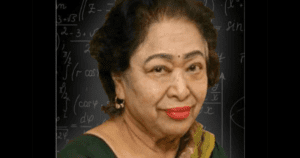
Devi’s talent for mental math was unmatched. She could effortlessly solve complicated mathematical problems without calculators or pen and paper. She strived to simplify complex calculations for kids and has authored numerous books on mathematics, astrology, and puzzles. As a motivational speaker, she enlightened the minds of many individuals towards mathematics. Her demonstrations showcased the incredible potential of the human mind and encouraged others to explore the possibilities of mental arithmetic.
Feeling inspired? Wouldn’t it be great if your child had the means to spectacular progress in math? Explore the brilliant benefits of mental arithmetic in shaping the minds of your children at the UCMAS math program. From expert teachers and research-led study techniques like abacus programs to math games for kids that enhance their academic excellence, the UCMAS math program promises and delivers all-around development for your little genius. Contact us now to start an enlightening journey of mental math for your kids.


